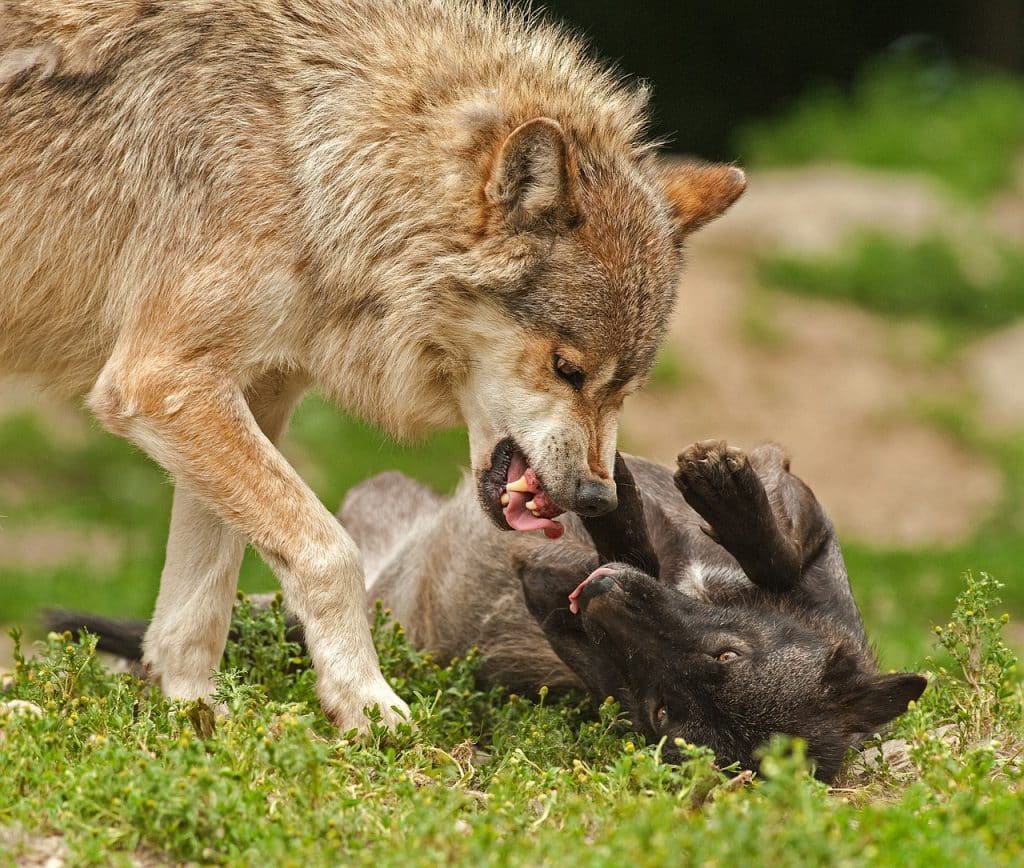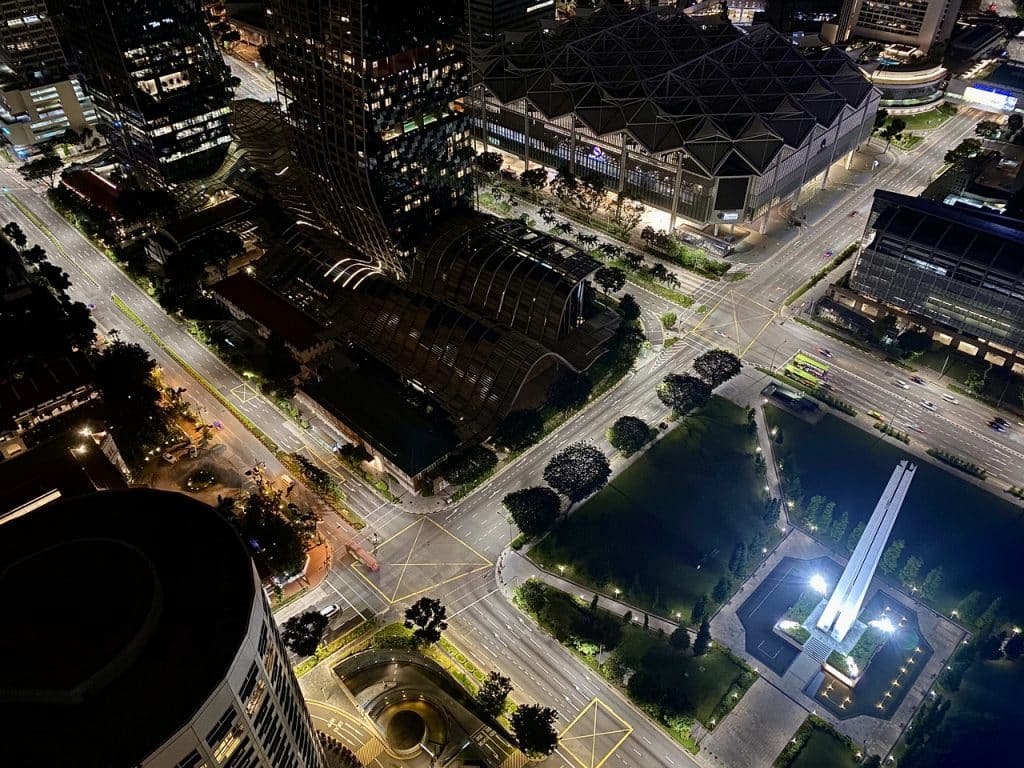The day was hot and humid. I was 15 years old, covered in mud, sweat and grime. And I was exhausted from exertion.
“Stop being a fucking pussy.”
Those were the words my rugby coach spoke to me at the time. Probably in response to some whinging remark I had made but, nonetheless, it has stuck with me to this day. My coach was telling me to suck it up and persevere. When I was growing up, the phrase “be a man” held similar connotations. But, as the world around us grows more complex and nuanced, so does the answer to the question: what does it mean to be a man?
The conventional concept of a man, brought upon us by previous generations, tells us we should be stoic, self-reliant and strong. Built upon a world where conflict was more likely, our elders’ take is one influenced by their times, just as we are by ours. With a cultural divide between generations, people harkening back to the “good ol’ days” are bound to find reason to complain. One example of such is a quote from the novel “Those Who Remain”, by author G. Michael Hopf, which you may have seen in online posts and comment threads.
“Hard times create strong men, strong men create good times, good times create weak men, and weak men create hard times.”
In the context of Singapore, the current generations of so-called “strong men” span from before the Second World War up to the 1980s – encompassing periods of strife and suffering like the Japanese Occupation, the Konfrantasi Period and the Racial Riots, to name a few. In contrast to the situations our parents and grandparents grew up in, we (referring to millennials and beyond) are growing up in relatively “good times”. Does that then mean we are the proverbial “weak men”?
The Manosphere seems to suggest so. It is a blanket term for several online groups such as Involuntary Celibates (Incels), Men Going Their Own Way (MGTOW), and Pickup Artists (PUAs). While their goals may vary, such groups and movements are united in the belief that society has thrown them away. Such movements’ formations can be seen as retaliations against feminism and the overall increase in awareness to the “female situation” (their phrasing). The movement is spearheaded by figures such as Jordan Peterson, Adin Ross, and Andrew Tate. They pass around talking points about false rape accusations and society’s degradation of Men and, with the echo-chamber effect of online interaction, a single incident can ignite a frenzy of confirmation (see: False Rape Accusation in Singapore).
What Is The Manosphere About?
Generally speaking, the collective movements and groups that form the Manosphere each have their own beliefs. However, there is a common ground in their talking points which can be summed up as so: men have lost their way in society. We are downtrodden and treated unfairly. We must reclaim our rightful place in it, despite what others or society itself may say. We deserve more. We deserve better.
But how does the Manosphere draw in “believers”? What pushes a reasonably well-adjusted man to go down this proverbial rabbit hole? According to Dr Debbie Ging, a Professor of Digital Media and Gender in the School of Communications of Dublin City University,
“Influencers such as Rollo Tomassi and Jordan Peterson, as well as a plethora of neo-masculinist life coaches, have become adept at weaponizing and monetising male anxiety, anger and vulnerability for their own political and economic agendas”.
This “anxiety, anger and vulnerability” refers to “[the] young [man’s] search for connection, truth, control and community at a time when all are increasingly ill-defined”. It is particularly notable in the Western world (read: Europe and Continental North America) “where gender equality is most progressive”. Or in other words, where the male “fall from grace” is most memorable and in living memory. This “fall” is often lamented online through posts such as memes or Hopf’s quote, often found on social media platforms like Facebook or Twitter/X.
Figures like Andrew Tate and Aaron Marino are looked up to as sages or gurus, outspoken wise men who drop nuggets of wisdom like Plato or Aristotle of antiquity. In an age where the modern man is lamented as soft, weak and submissive, such personalities display themselves as guides to becoming a “real” man. Often this comes with catchy, marketable taglines and terms like “Alpha”, a reference to a now debunked social hierarchy observed in wolf packs, “Sigma”, an extrapolation from the “Alpha” tag to denote those who see themselves as above it all, or “Top G”. The latter is most often associated with Andrew Tate and, like the previous examples, serve as a badge of honour or a sign of being “in the know”. Or in the context of the Manosphere, “red-pilled”.

The huge amount of energy and money that goes into marketing these figures as solutions and men worth emulation should be noted, however. For example, Tate’s “Hustler’s University”, a series of chat rooms much like a Discord chat or Telegram channel with the influencer’s persona and doctrines as the focus. With a blown-up crisis and an “easy” solution at hand, a desperate young man may find himself attracted to the chance of becoming like Tate. Once he gets entrenched in the community, he becomes part of a self-sustaining system of confirmation bias and feedback loops. A strong and hostile “Us Vs Them” mentality becomes ingrained in his mind, along with the “desire” to spread the message and “awaken” more men. In the end, not only does he serve as a secured stream of revenue for Tate, he also recruits more people, expanding the community and the source of revenue.
Through the use of charisma, confidence and superficial signs of perceived “success” (supercars, being attractive to women, and having others look up to you), Manosphere influencers serve as aspirational figures to troubled men who were raised on “rigid gender norms” and are now experiencing a “desolate economic outlook”.
By preying on what was a small fear or doubt at the back of a young man’s mind, feeding him what he wants to hear and propping up a monolithic, generalised form of an “other” – be it feminism, society or “The Matrix” – figures in the Manosphere cultivate a web of manipulated and misleading information, as well as a network of sycophants that would support these claims, creating an illusion of consensus.
A Singaporean Perspective
Do Singaporean men buy into this way of thinking? We are a midway point between East and West, and recent incidents such as the “Wife-sharing” case found root in male-dominated forums such as SammyBoy and Hardwarezone. To get a sense of the common sentiment, I asked a Singapore-focused subreddit “What Does It Mean To Be A Man?”, with a link to a Channel News Asia (CNA) article that asked a similar question.
The answers I received varied but could be sorted into a few categories. Some were cynical, pointing out how life as a male in Singapore amounted to being a corporate slave. Some were humorous, quoting a song from Disney’s Mulan or the need to carry out National Service. Some were thoughtful, putting in time and effort into their responses. And some were pessimistic, their responses bemoaning men’s role in Singaporean society.
I’m not the first to ask the question, as other posts of similar nature demonstrate. However, an online forum with a largely anonymous user base is hardly the most trustworthy source for canvassing information. Especially so for the subreddit I used, which is much smaller than the “flagship” subreddit, r/singapore.
I decided to ask some of the men in my life what they thought, including S, a family friend and senior litigator at a law firm, and E, a student and someone who I felt might be familiar with the Manosphere. Indeed, E correctly identified that the its main talking points were “masculinity, misogyny and anti-feminism”, while S was not familiar with the term at all, perhaps due to his low use of social media. S explained that if the Manosphere typically attracted “complainers”, he doesn’t encounter them, as people working at his level are generally successful with less reason to complain.

When it comes to why men get drawn to these talking points, E told me, “A lot of young men do it out of insecurity due to issues in their own personal lives which can mentally affect them, leading to them becoming impressionable by these talking points especially if it appeals to them by allowing space for self-belief”.
Neither of my contacts felt Singapore was at major risk of succumbing to this way of thinking. E told me that, unlike in Western countries like the US, UK or Australia, “there is little talk about the subject probably due to the fact that there isn’t much need to promote men’s rights in Singapore in the first place.”
S agreed, noting that the loudest presence of the Manosphere was found in the West, where there is a wave of disillusionment in society and a growing lack of trust between the government and the people. He also noted that the circumstances of Singaporean society and that of the West are very different.
In the West, the “good ol’ days” are still in living memory and those that cling to them were often those who were on top of society back then. “You’ve got a lot of young, white men who look back to the glory days of the 1950s and 1960s where, without much education, [they could] secure a good job and provide for their families easily,” he said. Young (white) men in the West today want the ease their forefathers had, he told me, but ignore the multiple advantages they had back then because of “[the] racism and gender bias [that] was so entrenched in their societies”, adding “you wouldn’t have the opportunity to do anything unless you were a WASP (white, Anglo-Saxon, protestant).”

Conversely, Singapore’s recent past is one of strife, subservience and suffering. Like many countries in Asia in the latter half of the 20th century, Singapore was a developing country. As such, there are no recent “good ol’ days” of economic prosperity for older generations to reminisce about and pine for, where one race or group of denizens stood superior to others. “Every generation does better than the previous generation in our developing economy,” S explained. “There’s a lot more to look forward to. There’s a lot more opportunity and a lot more prosperity with each new generation.”
There may be another factor helping to protect Singaporean men from the gravitational pull of the Manosphere: National Service. The increasing number of women serving in the Singapore Armed Forces (SAF) means that more command positions are now filled with women, and young men who enter to serve their two-year conscription have more opportunities to see women perform their jobs competently, serving as positive role models and examples for the servicemen.
Finally, I asked whether a significant segment of the Manosphere demographic (males aged 13-18 years old) truly believed the teachings or if they were merely acting out, and both of my interviewees felt the latter more likely. “I think most just look up to the influencers at their current age”, E explained “However, as they get older and they consistently listen to the views of these influencers they might actually start to believe in what these influencers are saying and adopt this mindset in their daily lives.” S told me that in the past, those teenage boys might have found themselves joining groups like gangs in Singapore or becoming fans of a football club in England. “It’s all part of the growing up process”, he said.
So is Singapore at risk?
In short, I think the answer is no – thankfully. I was worried about the increasing number of voices in Singaporean online spaces that suggested otherwise, but they seem to be a vocal minority right now. That said, we cannot grow complacent. Like a daisy in concrete, just because the conditions aren’t optimal does not mean growth cannot happen. Singapore already faces threats of self-radicalisation and it is up to us, the everyday citizen, to know better and ignore the divisive and hostile rhetoric the Manosphere often employs.
Admittedly, I am biased in this case. I want to have children someday and want them to grow up in a society where they feel safe, treasured and are not hated for factors outside of their control. If my hypothetical future daughters have to face a world where such hostile sexism is the norm, I fear for them.
Despite its vulnerable position, Singapore is well defended against the Manosphere and the misinformation it peddles. We must continue to keep our guard up against such rhetoric, lest we slip and be hypnotised by it. And in the process, hopefully we can find our own answer to the question, what does it mean to be a man?


